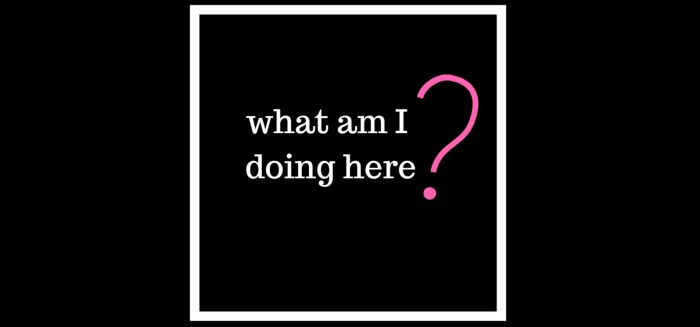Paul’s monologue from A Chorus Line stands as a pivotal moment in the musical, captivating audiences with its raw emotion and profound exploration of identity. Set amidst the rigorous auditions for a Broadway show, Paul’s monologue unveils the complexities of his character and the universal struggles for acceptance and self-understanding.
Through Paul’s introspective words, we delve into the themes of self-doubt, ambition, and the search for belonging. His journey of self-discovery resonates deeply with performers and audiences alike, leaving a lasting impact on the theatrical landscape.
Paul’s Monologue: Introduction

Paul’s monologue in “A Chorus Line” is a pivotal moment in the musical. It reveals the character’s inner struggles, motivations, and the complexities of his relationships with the other chorus members. Set during the final auditions for a Broadway show, the monologue provides a glimpse into Paul’s life and the challenges he faces as a dancer and performer.
Paul’s Character

Paul is a complex and enigmatic character. He is a talented dancer with a strong work ethic, but he also struggles with self-doubt and insecurity. His monologue reveals his inner conflicts as he grapples with his own limitations and the expectations of others.
Themes Explored in the Monologue
- The struggle for self-acceptance and identity
- The pressures of the performing arts industry
- The importance of human connection
Paul’s Journey of Self-Discovery

Paul’s monologue is a journey of self-discovery. Through his reflections and experiences, he comes to a deeper understanding of himself and his place in the world. He learns to embrace his strengths and weaknesses, and he finds the courage to pursue his dreams.
Paul’s Relationship with the Chorus
Paul’s interactions with the other chorus members shape his perspective and impact his monologue. He feels a sense of camaraderie with the other dancers, but he also struggles to fit in and find his place among them.
Symbolism and Imagery in the Monologue, Paul’s monologue from a chorus line
- The mirror: Represents Paul’s self-reflection and his search for identity.
- The dance studio: Symbolizes the pressures and expectations of the performing arts industry.
- The other chorus members: Represent the challenges of human connection and the search for belonging.
Paul’s Legacy: Paul’s Monologue From A Chorus Line

Paul’s monologue has had a lasting impact on the audience. His words continue to resonate with performers and audiences alike, as they offer a glimpse into the struggles and triumphs of the human experience. Paul’s monologue is a reminder of the importance of self-acceptance, the pursuit of dreams, and the power of human connection.
FAQ Insights
What is the significance of Paul’s monologue in A Chorus Line?
Paul’s monologue is a pivotal moment in the musical, revealing his inner conflicts, motivations, and journey of self-discovery.
How does Paul’s monologue explore the themes of self-doubt and ambition?
Paul’s monologue delves into his struggles with self-doubt and his unwavering ambition to succeed in the competitive world of Broadway.
What is the impact of Paul’s relationship with the other chorus members on his monologue?
Paul’s interactions with the other chorus members shape his perspective and influence his reflections on his own identity and aspirations.